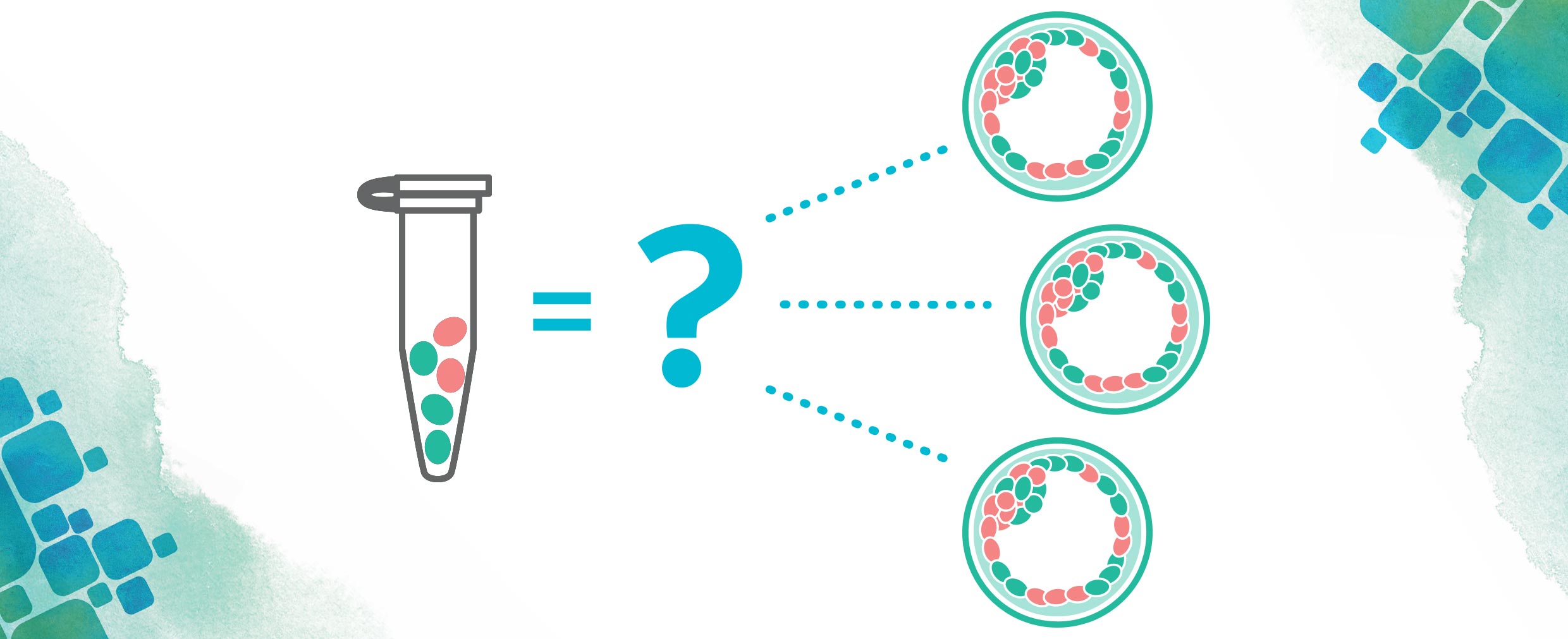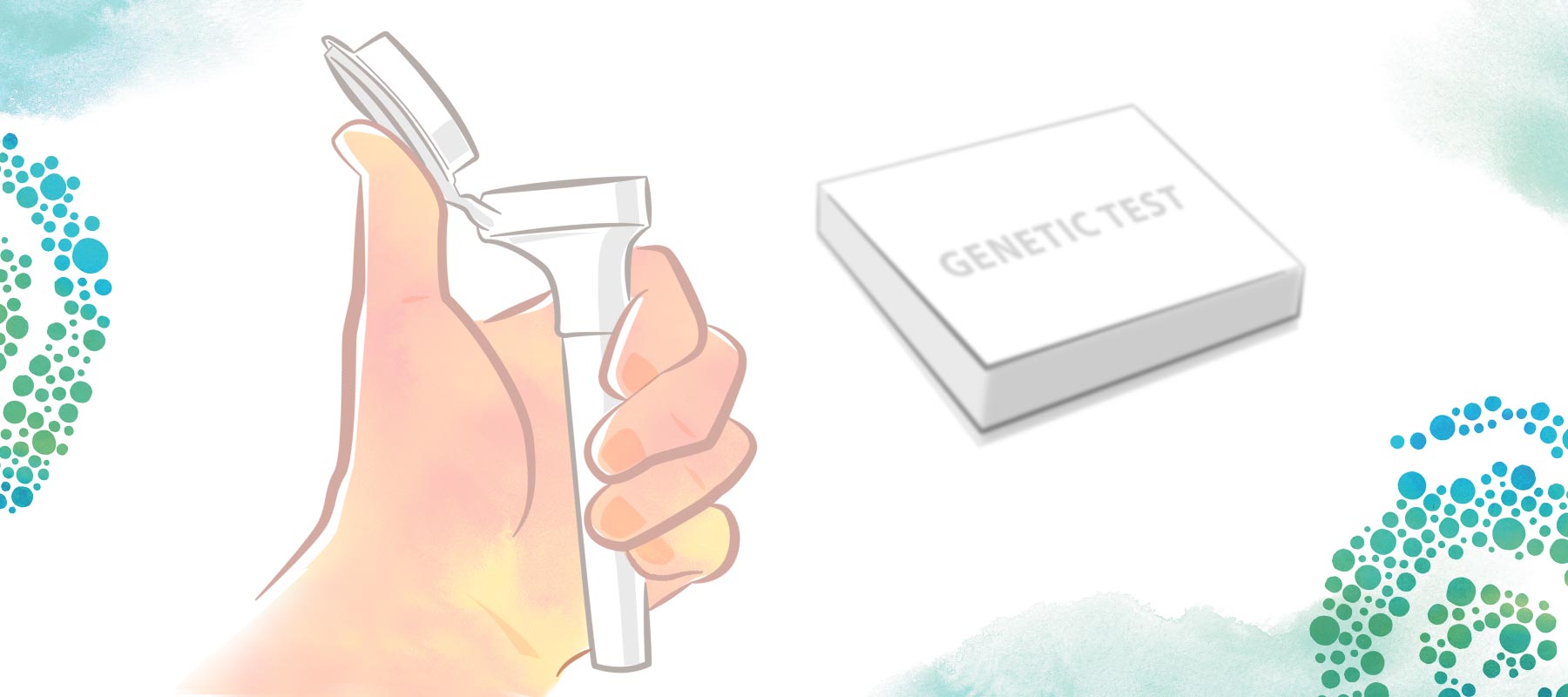This article is not meant as medical or healthcare advice or should not be considered a substitute in any way for professional medical or healthcare advice, diagnosis or treatment. If you have any concerns or questions, you should consult your own qualified medical or healthcare professional.
If you’ve been trying to conceive or are going through one form of fertility treatment or another, you may feel the strain that any long-term medical condition can bring. Fertility issues can affect your self-esteem, relationship, your emotional well-being, and may even cause depression. Seeing a therapist or seeking out infertility support can provide an outlet. It may offer guidance and tools to navigate the choppy waters of the infertility ocean of hormonal turmoil.
The Emotions Infertility Can Bring
Negative pregnancy tests, failed cycles, and thinking evil thoughts when you see pregnant women: we’ve all been there, and it does NOT feel good. There are so many ups and downs (although it may feel like more downs than anything else) that it’s understandable if you’re melancholy.
Seeking a medical professional or infertility support group may be an option where you’ll have the opportunity to discuss your feelings, work through the many emotions around miscarriage, or even discuss how you and your partner can best support one another. Especially if you find yourself experiencing any of the below:
- Anxiety or feelings of anxiousness
- Changes in appetite, weight, or sleep patterns
- Difficulty concentrating
- Difficulty maintaining social relationships
- Frequently crying
- Loss of appetite
- Loss of interest in usual activities and relationships
- Mood swings
- Persistent feelings of sadness or guilt
- Preoccupation with infertility
- Suicidal thoughts or thoughts of self-harm (If you are having these thoughts, immediately contact a mental health care professional)
Taking hormones can contribute to many of the above, but if you feel “stuck” or not like yourself, that’s reason alone to find some infertility support. Trying to conceive can take over many areas of your life; infertility counseling may be for you if you’re having trouble remembering that you are more than your reproductive organs.
Introduction to Infertility Counseling and Infertility Support Groups
As per the National Center for Biotechnology Information, “The practice of infertility counseling delivered by mental health and medical professionals has become more sophisticated and widespread over the past decade.”
Whether it’s infertility or the pain of a recent pregnancy loss, you, or you and your partner, may handle and communicate your feelings differently. Especially for women, not only do they have to deal with their grief and come to terms with the miscarriage, but they also have to manage the physical aspect of their loss. Finding a safe, neutral place like therapy where you speak openly and work through your feelings with an objective party can help facilitate communication as you work through this difficult time.
This is also true with infertility support groups (both in person or infertility support groups online). You all have shared experiences and can relate and empathize with each other in ways others might not fully understand. Perhaps something that worked for one individual or couple can work for you. Maybe you’ll feel like listening and helping others will inspire you on your journey. Or it could make you feel less alone to speak to others who “get it” and are walking down the same path you are.
Would Infertility Support Groups Be Right for You?
We’ve explored how seeking infertility support can help improve communication and unpack feelings of sadness. However, it’s also worth mentioning that it can help you decide on difficult and time-sensitive treatment issues. For example, this may be whether you want to do another IVF cycle immediately or take a break.
Another good reason to consider infertility support is when your doctor may have suggested building your family through third-party reproduction. It could be around donor eggs, sperm, or working with a surrogate. This is a big decision for many, and not everyone involved either agrees or is comfortable with every path to parenthood. Speaking to a neutral party specializing in fertility, therapy and counseling can help guide the discussion productively (i.e., no name-calling, slamming doors, or long stretches of unproductive silence). And connecting with others who may have also pursued surrogacy and who can share their journey, recommendations, and advice from one intended parent to another may be helpful.
Where to Find a Therapist or Infertility Support Groups
Often, clinics may have a therapist on-site or, at the very least, can recommend someone. There are also many online resources to find a counselor or infertility groups near you.
Depending on where you are, RESOLVE: The National Infertility Association, The Bump, Fertility Network UK, and The International Council on Infertility Information Dissemination (INCIID) are available for you as a resource to visit, to find local or online infertility support groups. There may be other resources or associations available in your country.
While infertility and IVF treatment can be unpredictable, your mental health and emotions can be maintained or supported with the right help. Trained professionals are willing, able, and available to support you and support groups will have your back – we hope you know you don’t have to feel alone!
Jennifer Palumbo is a paid consultant for CooperSurgical® and is commissioned to write blog posts for the Company.
 Jennifer “Jay” Palumbo
Jennifer “Jay” Palumbo
Jennifer “Jay” Palumbo is a freelance writer, public speaker, infertility rights advocate, former stand-up comic, author of the blog, ‘The 2 Week Wait’, and proud IVF Mom. As an Infertility Subject Matter Expert as well as Spokesperson and Blogger, she has spoken at several conferences (CCW, New England Resolve, etc.), and been interviewed on news outlets such as CNN, NPR and BBC where she has demonstrated her ability to make even reproductive issues fun and educational. Her articles have been featured on the Huffington Post, Time Magazine, ScaryMommy (to name just a few), and volunteers for various organizations including Resolve, the National Infertility Association, the GMHC and Gilda’s Club.






